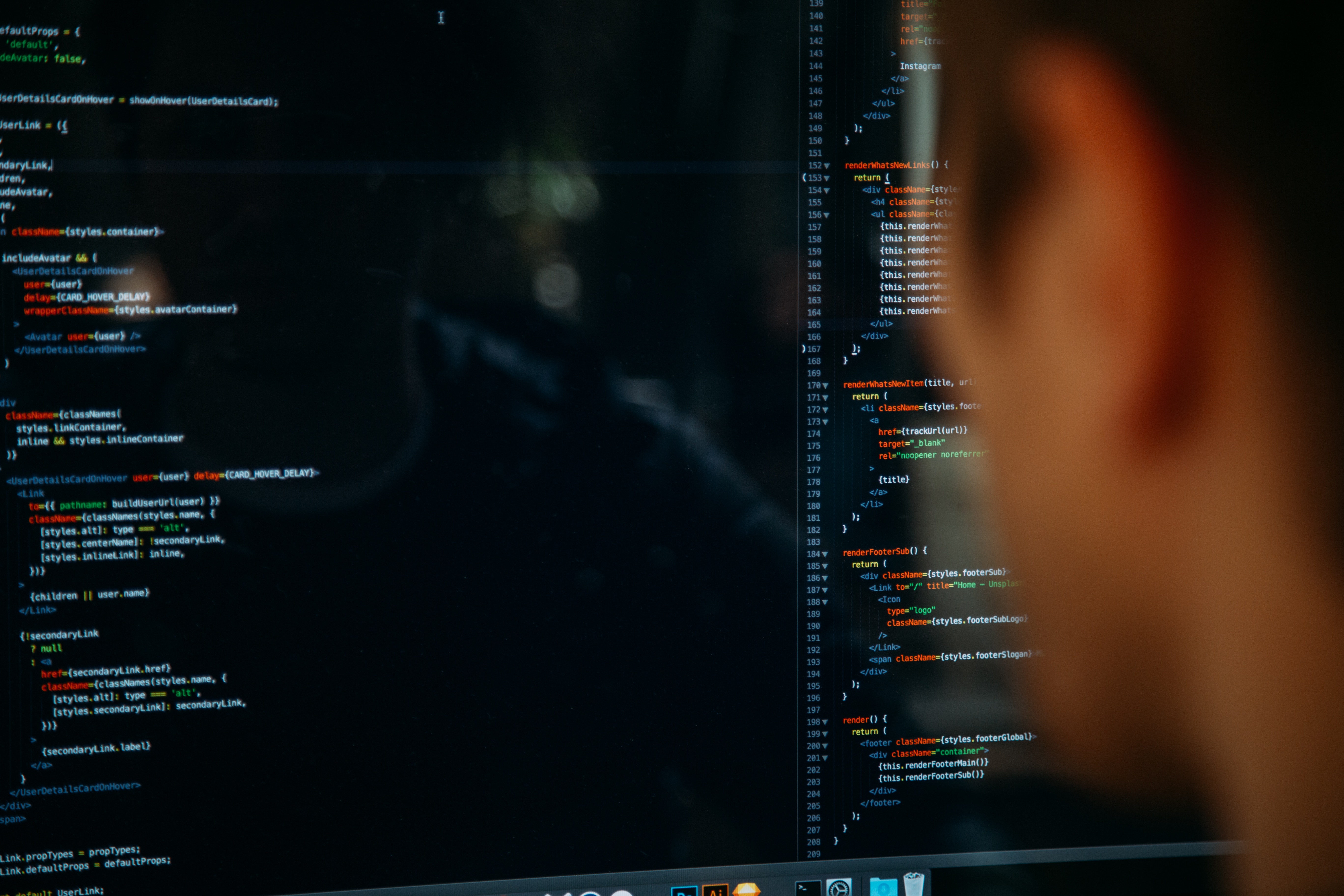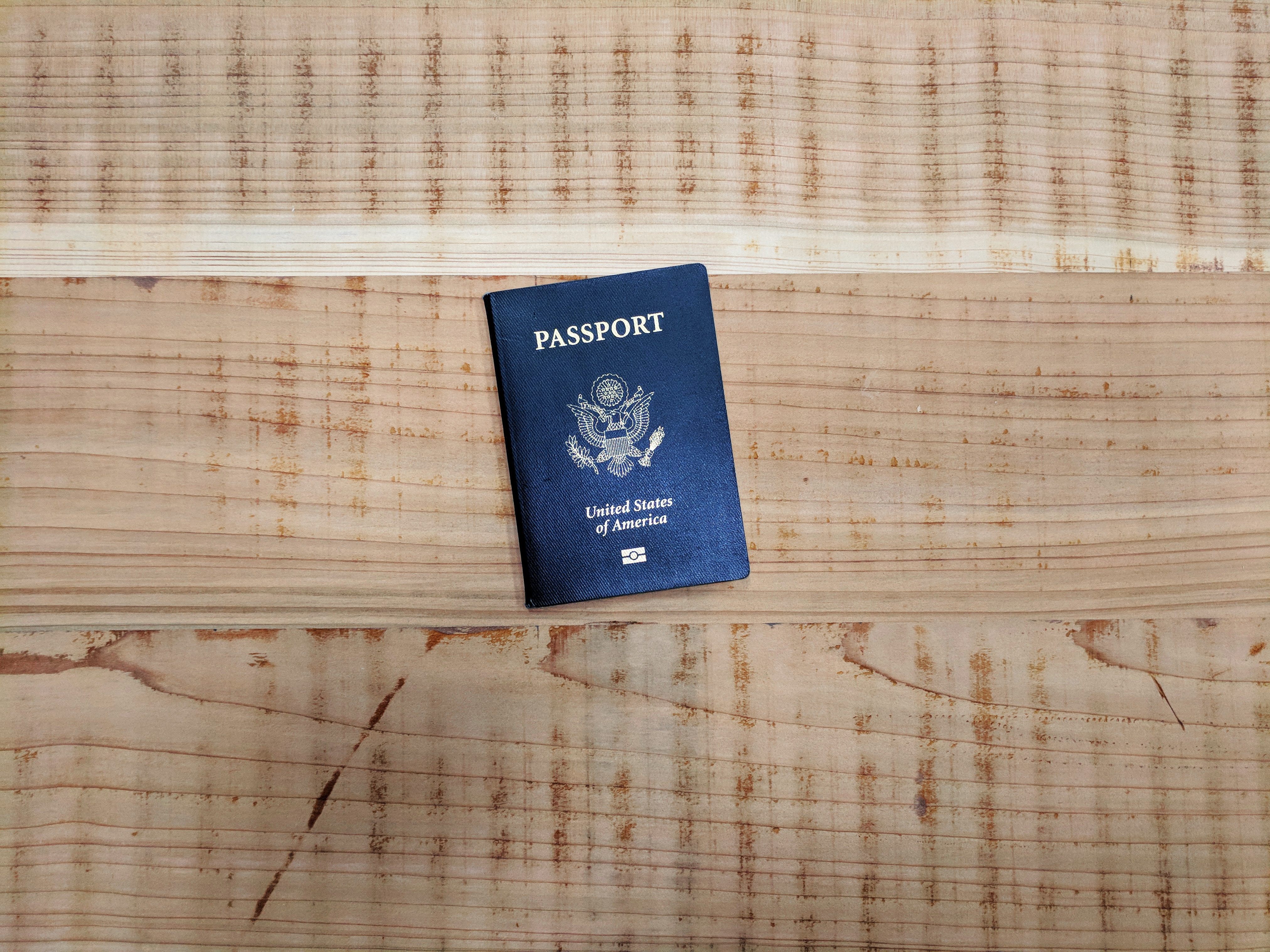Several months ago, we reported that the United States Citizenship and Immigration Services (USCIS) amended its policy regarding the issuance of Notice to Appear (NTA) documents in removal proceedings.
During the month of June, USCIS released a policy memorandum indicating the agency’s intent to revise NTA policy to better align with the President’s Executive Order 13768 “Enhancing Public Safety in the Interior of the United States.” NTAs are documents that are issued to alien’s subject to removal from the United States. Issuance of an NTA initiates the process of removing an individual from the United States.
Specifically, the Executive Order 13768 called on DHS to “prioritize the removal of aliens described in INA §§ 212(a)(2), (a)(3), (a)(6)(C), 235, and 237(a)(2) and (a)(4) … who are removable based on criminal or security grounds, fraud or misrepresentation, and aliens subject to expedited removal.”
In addition, the Executive Order called for the removal of individuals who:
- (a) Have been convicted of any criminal offense;
- (b) Have been charged with any criminal offense that has not been resolved;
- (c) Have committed acts that constitute a chargeable criminal offense;
- (d) Have engaged in fraud or willful misrepresentation in connection with any official matter or application before a governmental agency;
- (e) Have abused any program related to receipt of public benefits;
- (f) Are subject to a final order of removal, but have not departed; or
- (g) In the judgment of an immigration officer, otherwise pose a risk to public safety or national security
 Visa Lawyer Blog
Visa Lawyer Blog











